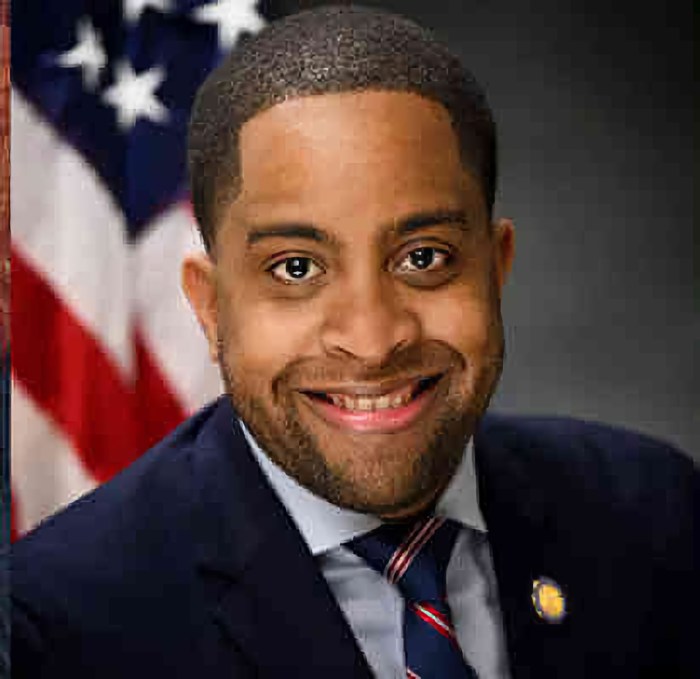OTTAWA – Federal officials were well aware of allegations of abuse in Afghan jails even as the Canadian military was handing over prisoners in 2006, Canada’s former top man on Afghanistan says.
The testimony by David Mulroney to a House of Commons committee Thursday supports a key aspect of whistle-blowing diplomat Richard Colvin’s claim, and clarifies an important point in the controversy over the detainee issue.
Opposition parties and human rights advocates have been asking why the government continued to turn over prisoners when it knew of abuse in Afghan prisons.
The Harper government has defended itself by arguing there was no credible evidence of torture until 2007, when it changed the transfer system.
But Mulroney, now ambassador to China, suggested there was indeed evidence of torture – just not involving Canadian transferees.
“The fact that there were allegations of mistreatment in Afghan prisons was known to us,” said Mulroney, who headed the Privy Council’s Afghanistan task force.
“There was no mention specifically of Canadian-transferred prisoners – that was a deficiency that we later cleared up.”
He also acknowledged there was no way to get credible evidence about abuse of Canadian transferees because there was no proper monitoring of prisoners prior to 2007.
New Democrat foreign affairs critic Paul Dewar said it’s clear Canadians were handing over prisoners “to a black hole” in the Afghan prison system.
“What this shows is that government was aware and concerned,” Dewar said following the committee meeting.
“They were concerned because they were hearing reports of abuse and they were hearing reports that they weren’t doing the job right.”
Critics say specific evidence of abuse of Canadian transferees wasn’t needed – it should have been obvious that anyone handed over could have faced torture.
Mulroney said that in 2006, with Canadian troops facing heavy fighting, the situation was so “chaotic” that it took until 2007 to put a new prisoner transfer protocol in place.
Colvin, the former No. 2 at the Canadian embassy in Kabul, told MPs last week that reports he filed in 2006-07 warned that prisoners handed over to the Afghans were almost certain to face torture. He also claimed that he and others in Afghanistan were ordered to stop mentioning torture in their reports.
Mulroney challenged that. He said diplomats in Afghanistan were never ordered to hush up torture.
“The view that I muzzled him or any other official is wrong,” he said.
But he acknowledged: “I said that ideas opinions and strongly held views are often best first expressed by phone.”
Mulroney made the distinction again between reports of torture and reports involving Canadian transfers.
“He never brought forward any, and I think Richard would say this, any report alleging mistreatment of a Canadian-transferred detainee,” Mulroney said.
“I didn’t agree with his assertion that everybody who went into (Afghan intelligence custody) was tortured, that the detainees were all farmers or probably all innocent. This is where I think he went from an observation to speculation.”
In fact, Colvin only said that all prisoners were likely tortured and that some of the detainees were innocent farmers.
Defence Minister Peter MacKay and other Conservative MPs have attacked Colvin’s credibility, suggesting that his reports were based on hearsay. The attacks came despite the fact that Colvin was promoted to an intelligence job at Canada’s embassy in Washington.
However, they acknowledge that the government changed its policy on prisoner transfers to include monitoring of those handed over, based partly on Colvin’s advice.
On Wednesday, Canada’s former top soldier, Rick Hillier, blasted Colvin’s claim that prisoners handed over to Afghan authorities faced certain torture, calling the allegation “ludicrous.”
Hillier, retired general Michel Gauthier and Maj.-Gen. David Fraser all testified that they never received any reports of torture until the spring of 2007 – long after Colvin filed his reports.
Hillier and Gauthier went further, saying they recently reviewed reports from 2006-07 and there was no mention of torture – except one isolated mention in December 2006.
The fact that they have been able to review the classified versions of the reports prompted a storm in the House of Commons.
“We are barred from having access to information that the government has full control of; that ministers and retired generals can review and we are asked to do our work blindfolded and in the dark,” said Liberal foreign affairs critic Bob Rae. “
But the testimony of Hillier and Gauthier was precisely the kind of first-hand, blistering defence the Conservative government has been aching to unleash since Colvin’s bombshell allegations were levelled last week.
But the dust from the generals’ testimony hadn’t even settled before contradictions began to emerge.
Uncensored versions of Colvin’s reports began circulating Wednesday night that said the International Committee of the Red Cross, the agency trusted by nations to observe prisoners of war, was named in emails to Ottawa as expressing “alarm” about conditions within Afghan prisons.
The references were particularly stark in one memo written by the diplomat on June 2, 2006.
An official who’s seen Colvin’s emailed reports conceded that the Red Cross was “really pissed off” for procedural reasons about Canada’s tardy reporting whenever a prisoner was captured, but it was “more concerned about what was done to detainees after they were handed over.”
The reports were widely distributed in both the defence and foreign affairs departments, and even apparently copied to the office of MacKay, who was minister of foreign affairs in 2006.
Another apparent inconsistency was Gauthier’s claim that he first heard of torture allegations in April 2007 from a Globe and Mail reporter, and the first field report citing credible evidence of torture was received on June 4, 2007.
Before that story broke, the federal government asked the Afghanistan Independent Human Rights Commission to monitor prisoners on Canada’s behalf. None of the generals explained why the unusual step was taken if no one in the federal government had any concerns.
Canada originally agreed to hand over prisoners, but unlike other nations it didn’t reserve the right to check on them to make sure they were not abused. Once the torture allegations were published in 2007, Ottawa rewrote the deal, allowing for greater access to the prisons and providing for unannounced inspections to check for abuse.
Opposition MPs say they can’t get to the bottom of the issue without seeing Colvin’s reports and other documents the government may have on the topic of abuse.
Both Hillier and Gauthier said they had access to the reports in preparing for their testimony, and Gauthier went as far as to tell MPs he hoped they would get access to the records.
Opposition MPs wondered aloud how it was that retired officers could have unfettered access to documents that the federal government has deemed too sensitive to share with a parliamentary committee.
While Prime Minister Stephen Harper has promised the committee will get “all legally-available” documents, Colvin’s lawyer said the Justice Department has clamped down on him.
Lori Bokenfohr said government lawyers have told Colvin they do not accept an opinion that testimony – both written and oral – before Parliament is exempt from national security provisions of the Canada Evidence Act.
That’s at odds with the advice of the clerk for the special Afghanistan committee, who’s said parliamentary immunity would apply to almost all testimony.
















